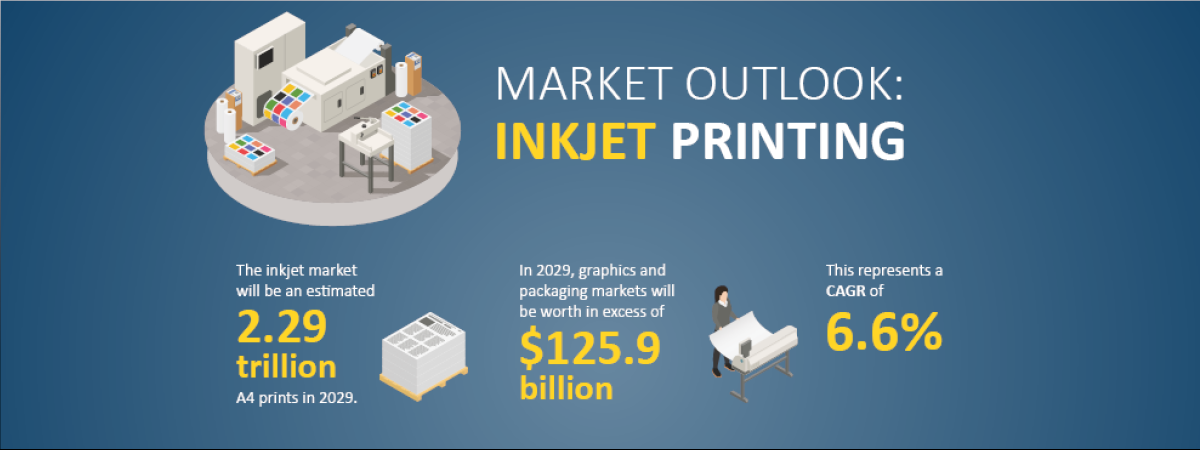23 March 2012
Disciplinary suspension should not be a 'kneejerk' reaction
The option to suspend employees suspected of misconduct pending investigation can be very useful, where it is feared that an employee may be a risk to the business if he or she continues to work while the investigation is going on. However, as highlighted by Lord Justice Elias in Crawford v Suffolk Mental Health Partnership NHS Trust, it is important that suspension should not be not an automatic knee-jerk reaction to an allegation of misconduct.
In this particular case, it was alleged two that nurses restrained a patient with dementia whose behaviour had been causing problems using a method which was outside the employing mental health trust's guidelines. There was no dispute that some form of restraint was necessary, but disciplinary procedures were started because of the manner of restraint, which was to tie the patient's chair to a table so that he could not get up. The matter was also reported to the police and the staff members involved suspended, before, ultimately being dismissed. The police quickly decided to take no action.
An ET found a number of failings in the procedure followed by the Trust in its investigations, and the Court of Appeal agreed that the deficiencies in the process were enough to render the dismissals unfair, although a doubtful finding of fact meant that the case was sent back to the tribunal to consider what deduction should be made from compensation to reflect that fact that the employees might have still been dismissed had it not been for the defective investigation.
Lord Justice Elias's comments are not a binding part of the decision of the court, but his observations about the Trust's initial reaction are telling. He was critical both of the decision to suspend longstanding employees where there appeared to be no risk of them repeating the conduct complained of, even if the allegation were sustained, and of the decision to involve the police when there was no question of criminal behaviour. As he said:
"I recognise that it is important that hospitals in this situation must be seen to be acting transparently and not concealing wrongdoing; but they also owe duties to their long serving staff, and defensive management responses which focus solely on their own interests do them little credit. Being under the cloud of possible criminal proceedings is a very heavy burden for an employee to face"
Over-zealous and unjustified suspension can be so damaging to the employee, particularly if their professional reputation is put in question, that it can result in the breakdown of mutual trust and confidence between employer and employee - possibly even where there is a contractual power to suspend the employee in disciplinary cases - and amount to constructive dismissal.
So when is it appropriate to suspend an employee pending disciplinary action? The answer has to be, if there is a contractual power to do so and after a reasoned assessment of the risks of not suspending him. Possible risks which could support a decision to suspend include:
- risks to health or welfare - for example where services are provided to vulnerable persons, or to co-workers if the allegations are of bullying or harassment; or
- commercial risks, for example if the employee is suspected of breaches of confidentiality or competitive activity.
Fear of criticism, bad publicity, or litigation by third parties is not an adequate reason to suspend an employee.
 Intergraf Economic News (Paper Prices) - March 2024
Intergraf Economic News (Paper Prices) - March 2024
18 March 2024
Access the latest edition of the Economic Newsletter for the European Printing Industry for data on paper consumption, and pricing data for pulp, paper and recovered paper. Data for packaging papers and board is also available with this edition.
 UK to follow global expansion of inkjet printing
UK to follow global expansion of inkjet printing
21 March 2024
The latest expert analysis from Smithers identifies the potential of the latest generation of inkjet systems to improve profitability across the global print market. Read more about the new report The Future of Inkjet Printing to 2029.

The BPIF is the printing industries champion. By becoming a member you join a diverse and influential community. We help you solve business problems, connect you to new customers and suppliers and make your voice heard in government.
Call 01676 526030









